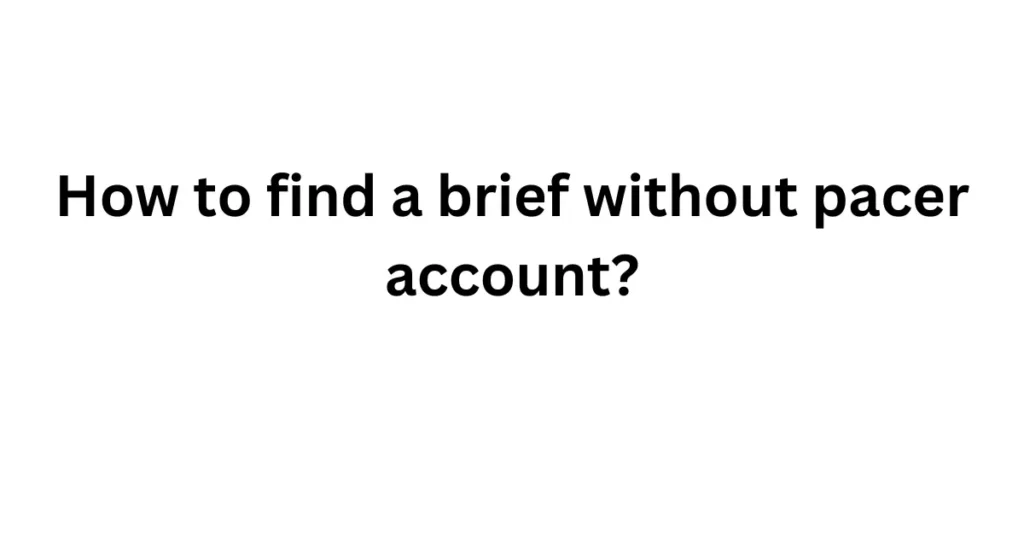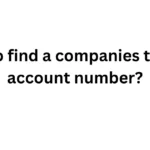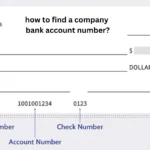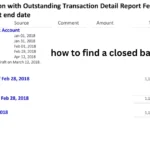Imagine you’re trying to solve a puzzle, but some of the pieces are missing. That’s what it’s like trying to understand a court case without access to important documents like briefs.
These documents, often filed by lawyers, explain the arguments and legal points of a case. PACER (Public Access to Court Electronic Records) is like a big online library for these documents, but it costs money to use.
Don’t worry, though! This article will show you how to find briefs and other court documents without needing a PACER account. We’ll look at different websites and resources that offer free access to legal information, so you can put all the puzzle pieces together.
Understanding Court Briefs and Their Importance
Before we start looking for briefs, let’s understand what they are and why they matter.
- What is a brief? A brief is a written document that lawyers present to a court. It explains their client’s side of the story, the laws that apply to the case, and why the judge should rule in their favor. Think of it like a persuasive essay that uses facts and legal arguments to make a point.
- Why are briefs important? Briefs help us understand the details of a case. They provide insights into the legal strategies, arguments, and evidence presented by each side. This information can be valuable for legal professionals, researchers, journalists, and anyone interested in learning more about a particular case.
How to Find a Brief Without PACER: Free Resources
Now that we know why briefs are important, let’s look at where you can find them without a PACER account.
Government Websites
The U.S. government wants to make legal information accessible to everyone. That’s why they have websites that provide free access to court documents, including briefs.
- U.S. Government Publishing Office (GPO): The GPO website has a collection of court opinions from different courts, including appellate, district, and bankruptcy courts. You can search for cases by keyword, court, or date.
- Federal Judicial Center (FJC): The FJC’s Integrated Database (IDB) is another great resource for finding federal court cases. It offers a user-friendly interface and allows you to search for cases by party name, case number, or keyword.
Non-Profit Organizations
Many non-profit organizations are dedicated to making legal information freely available. Here are a few examples:
- The Free Law Project: This organization provides free access to legal materials, including court opinions and briefs. They also offer tools and resources for legal professionals and researchers.
- Justia: Justia is a website that provides free access to legal resources, including case law, statutes, and legal articles. You can search for cases by keyword, court, or citation.
University Law Libraries
Many university law libraries have websites that provide access to legal documents, including briefs. These libraries often have extensive collections and may offer specialized resources in certain areas of law.
Some universities may require you to be a student or faculty member to access their full resources, but many offer public access to a significant portion of their materials.
Court Websites
Some courts make their documents available online for free. Check the website of the specific court you are interested in to see if they offer public access to their records.
Google Scholar
Google Scholar is a search engine specifically for scholarly literature, including legal documents. You can often find briefs and other court documents by searching for the case name or relevant keywords.
Tips for Finding Briefs Without PACER
Here are some tips to help you find the information you need:
- Know the case name and court: Having this information will make your search much easier.
- Use specific keywords: When searching online, use specific keywords related to the case or legal issue.
- Check multiple sources: Don’t rely on just one website. Explore different resources to find the most comprehensive information.
- Be patient: Finding free legal documents can sometimes take time. Don’t give up if your initial search doesn’t yield the desired results.
Using RECAP to Access PACER Documents
While the above resources can be helpful, sometimes you might need a document that’s only available on PACER. In this case, RECAP (which stands for “PACER Recaptured”) can be a useful tool.
RECAP is a browser extension that allows users to share PACER documents they have purchased. When you try to access a document on PACER, RECAP checks its database to see if someone else has already purchased it.
If so, you can download it for free. If not, you can purchase it and share it with others through RECAP. This way, the cost of accessing PACER documents is shared among users.
Comparison of Free Resources for Finding Briefs
| Resource | Coverage | Search Options | Pros | Cons |
|---|---|---|---|---|
| GPO | Federal court opinions | Keyword, court, date | Large collection, reliable source | May not have all documents |
| FJC | Federal court cases | Party name, case number | User-friendly interface, comprehensive database | Limited to federal cases |
| The Free Law Project | Legal materials | Keyword, court, citation | Wide range of materials, dedicated to open access | May not have the most up-to-date information |
| Justia | Legal resources | Keyword, court, citation | Easy to use, includes statutes and legal articles | Coverage may vary |
| University Law Libraries | Varies by library | Varies by library | Extensive collections, specialized resources | Access may be restricted |
| Court Websites | Varies by court | Varies by court | Direct source of information | Availability varies by court |
| Google Scholar | Scholarly literature | Keyword, case name | Broad coverage, includes legal documents | May not always find specific briefs |
Pros and Cons of Using RECAP
| Pros | Cons |
|---|---|
| Free access to PACER documents already purchased | Not all PACER documents are available through RECAP |
| Reduces the cost of using PACER | Requires installation of a browser extension |
| Contributes to a shared pool of legal information | May raise privacy concerns for some users |
Conclusion
Finding legal briefs without a PACER account is entirely possible. By using the free resources and tips outlined in this article, you can access a wealth of legal information without any cost. Remember to be patient, persistent, and resourceful in your search.
While PACER provides comprehensive access to court records, these alternatives offer valuable solutions for those seeking legal information without the associated fees.
By utilizing these resources, you can stay informed about legal proceedings, conduct research, and gain a better understanding of the legal system.
FAQs
Can I find state court briefs without a PACER account?
Yes, you can often find state court briefs on state court websites or through resources like The Free Law Project and Justia.
Is RECAP legal?
Yes, RECAP is legal. It operates by sharing publicly available documents that have already been purchased, which is permitted under PACER’s terms of service.
What information do I need to find a specific brief?
You’ll need the case name and the court where the case was filed. Knowing the date the brief was filed can also be helpful.
Are there any limitations to using free legal resources?
Yes, free resources may not always have the most up-to-date information or may have limited coverage compared to PACER.
Why is PACER so expensive?
PACER fees are used to fund the operation and maintenance of the electronic court records system. However, there is ongoing debate about whether the fees are too high and create a barrier to accessing public information.







